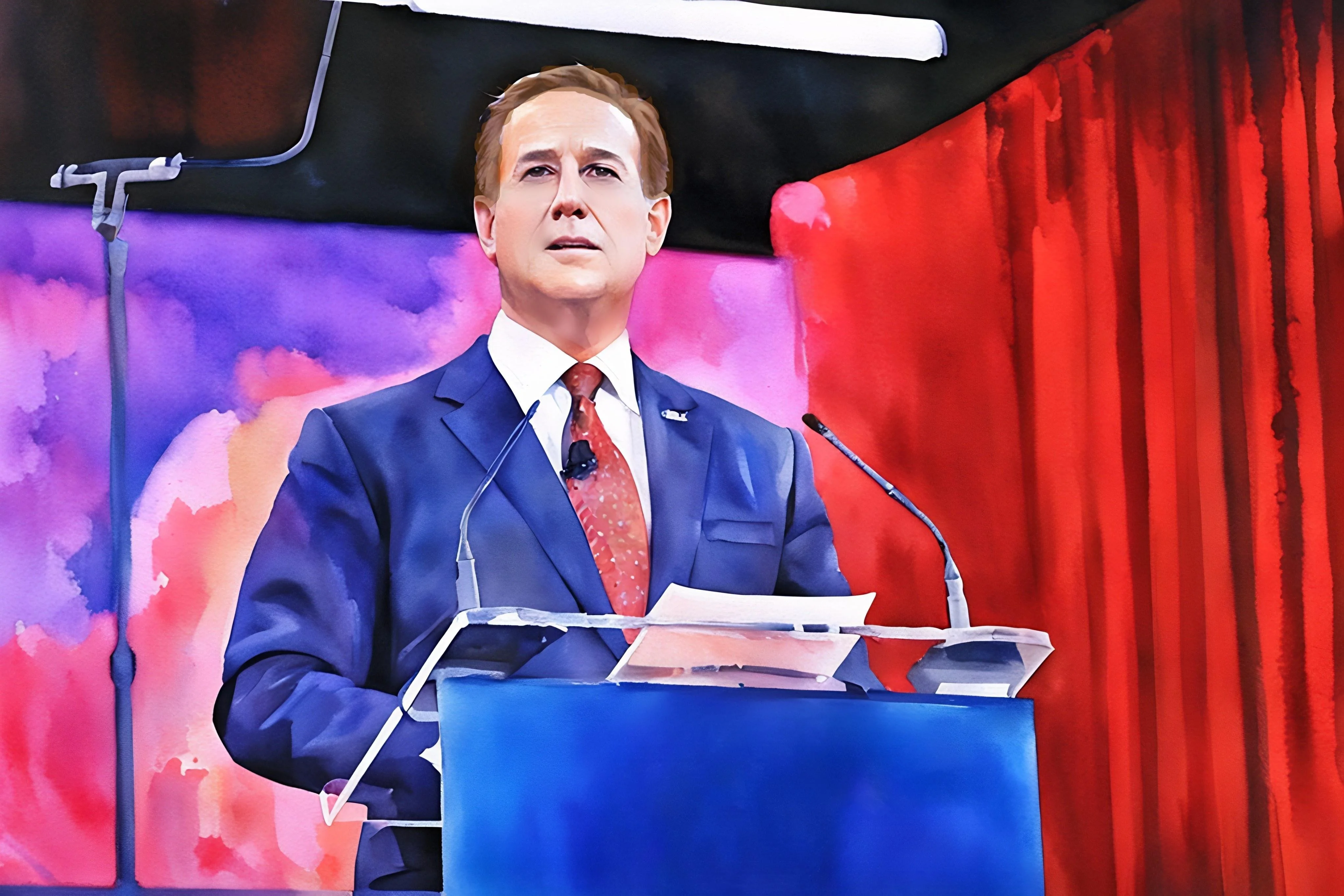Both political parties in Washington claim to know best how to support working families. While Democrats tend to push for more federal programs for families, Republicans argue that the current approach to welfare and child-rearing is fundamentally flawed. Many conservatives go further to say that modern government policies too often undermine the nuclear family instead of reinforce it.
For former Senator Rick Santorum (R-PA), the solution lies in realigning public policy to champion parental authority, family cohesion, and faith-based community support. From child tax credits to paid family leave incentives, Santorum is pushing a vision where the family—not the federal government—is the core institution of American life.
Santorum, a two-time presidential candidate, has always been a passionate advocate for traditional family values and pro-family public policy. Now working with Newsmax and leading the organization Patriot Voices, he continues to influence the national conversation.
As a father of eight and grandfather of 10, his belief is that everything else “will have had little to no importance on anything,” he says. “There’s only one thing you will ever do in your life that is eternal,” and that is “to cooperate with God to create a human soul.”
Santorum’s foundational belief is that the family is society’s most essential building block. By comparison, he says those on the left proceed as if the family “gets in the way of utopia,” as if “they want everybody to be a ward of the state.” He argues that when the family unit weakens, people become more reliant on government, which and that dependence allows government to exert control.
Santorum’s 2005 book It Takes a Family is a response to Hillary Clinton’s It Takes a Village. In the book, he argues that government policy should support, not supplant, the family. “The family is the first teacher, the first hospital, the first protector,” he says. “It should provide almost all the things that a child and a family need to survive and do well.”
Santorum is particularly critical of past welfare policies. “If you want more of something, subsidize it. If you want less of something, tax it,” he says. “If you want more single moms, subsidize single motherhood.” He believes government programs often respond to crises they helped create, leading to what he calls the “triage becomes the norm” mentality—reactive policy that perpetuates social dysfunction.
Santorum sees a cultural and policy disconnect in how America approaches work and family. “The most important time in a child’s life is those first few months,” he says.
But most parents, especially those working in small businesses, don’t have access to paid family leave. He supports provisions in what he calls the “one big beautiful bill,” particularly expansions of the child tax credit and incentives for family leave. “Support moms who want to stay home and help their children instead of shipping them to daycare,” he says.
The bill raises the child tax credit from $2,000 to $2,500 and includes a work incentive: “The more money you earn, the more tax credit you qualify for,” Santorum explains. The policy, he says, should not be to “just basically throw money at mom or mom and dad to stay home and do nothing.” Citing arguments by Arthur Brooks, he emphasizes the importance of parents modeling success through work.
Santorum also champions a tax credit to encourage small businesses to provide time off for new parents. “We’re not saying to small businesses, ‘you have to provide six weeks of paternity leave,’” he says. “What we're saying is that it’s actually good for you,” because “you're going to get better employees.”
He views it as a way to create strong families without creating new mandates or government-run programs. “This is about providing them the support to care for their children themselves,” he says. “It’s very fulfilling for parents.”
Those who know Santorum comment on his concern for the spiritual foundation of American society, and his view—held by most conservatives—that the government has sidelined institutions like churches and replaced them with state-run solutions. “The church was the place you went to, not the government,” he says. Now that many young people say they don’t believe in God, Santorum says, “there are serious problems associated with that.”
He stresses the importance of reinforcing a positive cultural message, especially about the success sequence: graduate high school, work, and marry before having children. “The chances that you ever will be in poverty is less than, like, 2%,” he says. “Where is that message?”
Family remains at the heart of everything for Santorum. “Every member of our family is invited to come over to the house for dinner every Sunday. They come not because we tell them to, but because they want to.” That, to him, is what family should be.
As a grandfather, he cherishes the next generation. “You're pouring into the next generation... providing emotional stability and support for them.”
“Gosh,” he says, “what a wonderful gift.”









